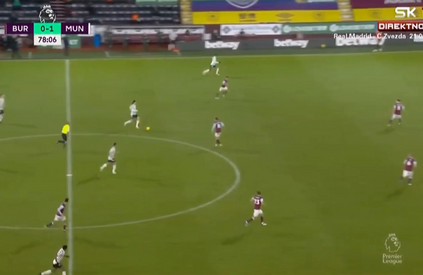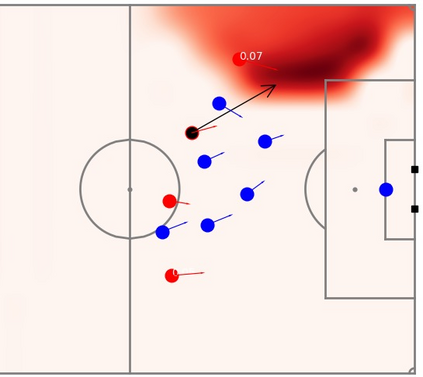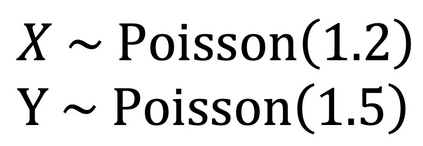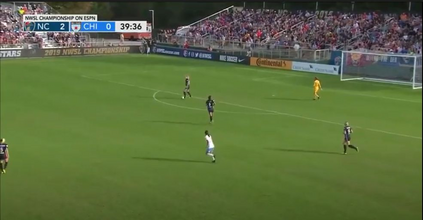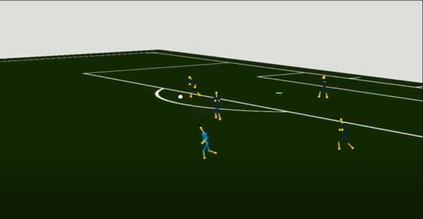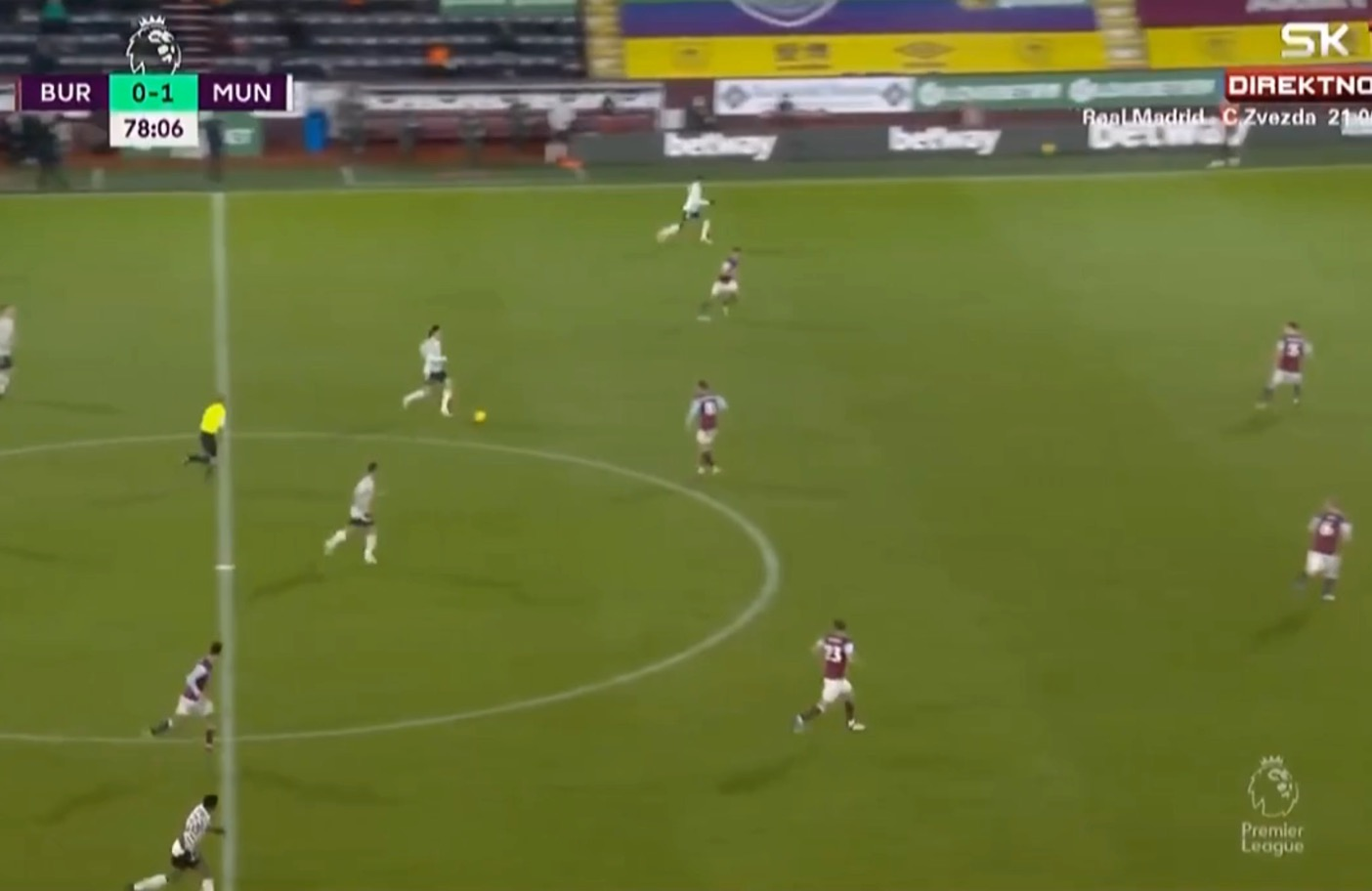When mathematical modelling is applied to capture a complex system, multiple models are often created that characterize different aspects of that system. Often, a model at one level will produce a prediction which is contradictory at another level but both models are accepted because they are both useful. Rather than aiming to build a single unified model of a complex system, the modeller acknowledges the infinity of ways of capturing the system of interest, while offering their own specific insight. We refer to this pragmatic applied approach to complex systems -- one which acknowledges that they are incompressible, dynamic, nonlinear, historical, contextual, and value-laden -- as Open Machine Learning (Open ML). In this paper we define Open ML and contrast it with some of the grand narratives of ML of two forms: 1) Closed ML, ML which emphasizes learning with minimal human input (e.g. Google's AlphaZero) and 2) Partially Open ML, ML which is used to parameterize existing models. To achieve this, we use theories of critical complexity to both evaluate these grand narratives and contrast them with the Open ML approach. Specifically, we deconstruct grand ML `theories' by identifying thirteen 'games' played in the ML community. These games lend false legitimacy to models, contribute to over-promise and hype about the capabilities of artificial intelligence, reduce wider participation in the subject, lead to models that exacerbate inequality and cause discrimination and ultimately stifle creativity in research. We argue that best practice in ML should be more consistent with critical complexity perspectives than with rationalist, grand narratives.
翻译:当应用数学模型来捕捉复杂的系统时,往往会建立具有系统不同方面特点的多种实际应用方法。通常,一个级别的模型将产生一个在另一个层次上相互矛盾的预测,但两个模型都被接受,因为它们都有用。模型者不是要建立一个单一的统一的复杂系统模型,而是承认捕捉系统的方法是无限的,同时提供他们自己的具体见解。我们提到对复杂系统采用这种务实应用的方法,一种承认它们不可压缩、动态、非线性、历史、背景和价值拉大(Open Machine Learning, Open ML)。我们在这个文件中定义了Open ML,并将它与ML的一些宏大的描述对照起来。具体地说,我们用最起码的人类投入来强调学习(例如谷歌的阿尔法泽罗)和2 部分开放ML,ML,ML,用来对现有模型进行参数化。我们用关键的复杂性理论来评估这些宏大的叙述,并将它们与开放的ML方法作对比。 具体地说,我们用解算方法来使高级的不平等研究更有助于ML

